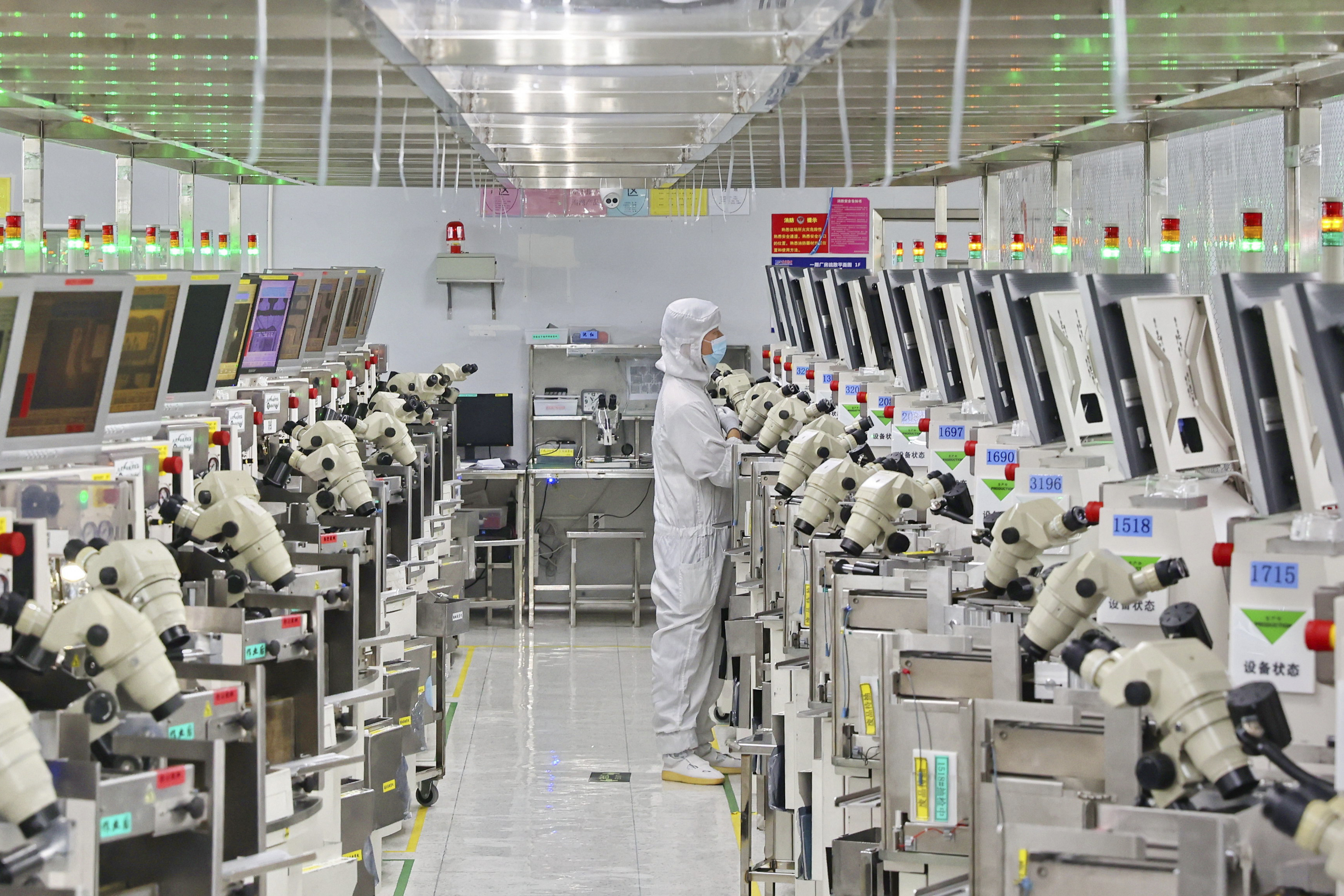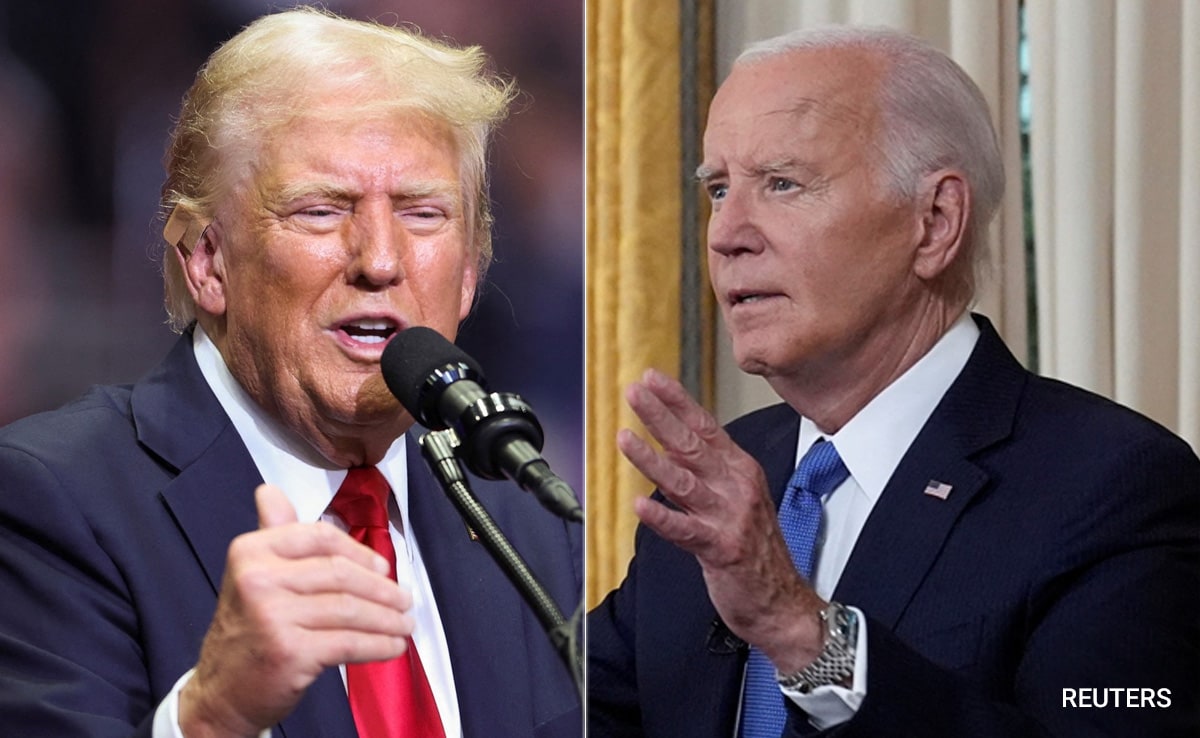Tech
China strikes back in chips war by banning key material exports to US

China has struck back at U.S. trade restrictions by banning exports of gallium, germanium, and other high-tech materials essential for advanced manufacturing and military technology.
The move, announced Tuesday by Beijing‘s Commerce Ministry, could propel the economic rivalry between the two powers and their respective supply chains.
China has explicitly decided to target crucial materials for the production semiconductors, mobile devices, solar panels, and defense systems.
Beijing’s action follows Washington‘s expansion of its “entity list,” which added 140 Chinese companies subjected to strict export controls on semiconductor-making equipment and advanced chip technology.
The U.S. claims these measures are necessary for national security.
Lin Jian, China’s Foreign Ministry spokesperson said they firmly oppose “the U.S. overstretching the concept of national security” in order to abuse export control measures and unilateral sanctions, which they called “legal.”
Chinatopix Via AP, File
Prices for Key Minerals Surge in 2024
China’s dominance in these critical resources gives its latest move significant weight.
It produces 60 percent of the world’s germanium and 98 percent of its gallium, according to U.S. Geological Survey data. The U.S. relies on China for about half its supply of gallium and germanium.
In 2022 alone, China exported 23 metric tons of gallium, an amount essential for manufacturing high-bandwidth memory chips and military hardware.
Though America has untapped deposits, it lacks active mining operations for these materials, leaving industries vulnerable to price shocks.
Antimony, another newly restricted mineral, is vital for flame retardants, batteries, and night-vision equipment used in military systems.
This year, its price has more than doubled to over $25,000 per ton.

STR/AFP via Getty Images
Japan Caught in Trade Crossfire
Beijing’s retaliation directly counters President Joe Biden‘s efforts to curb China’s technological advancements.
Washington’s recent export controls aim to block Chinese access to cutting-edge technologies. The U.S. Department of Commerces’ new rules, which primarily affect Chinese companies, will also affect firms in Japan, South Korea, and Singapore.
China had initially taken a cautious approach to U.S. trade measures, perhaps to protect its developing semiconductor and artificial intelligence industries.
Recent responses signal a shift in strategy. By targeting minerals essential for the global tech economy, China is leveraging its near-monopoly to assert its influence.
Chinese industry groups have rallied behind the government’s stance. The China Semiconductor Industry Association criticized the U.S. restrictions, warning that supply chain disruptions and rising costs would ultimately harm American companies.
“U.S. chip products are no longer safe and reliable. China’s related industries will have to be cautious in purchasing U.S. chips,” the group said.

Kiyoshi Tanno/Getty Images
US-China Battle for Tech Supremacy
The China Association of Automobile Manufacturers argued that Washington’s actions undermine international trade norms.
“Such behavior seriously violates the laws of the market economy and the principle of fair competition, undermines the international economic and trade order,” the group said in a statement.
The trade standoff between the U.S. and China reflects an increasingly contentious battle over control of the world’s most critical resources and technologies.
“Such malicious suppression seriously harms the interests of all countries,” Lin said, as tensions between the two economic superpowers show no signs of easing.
This article includes reporting from The Associated Press









